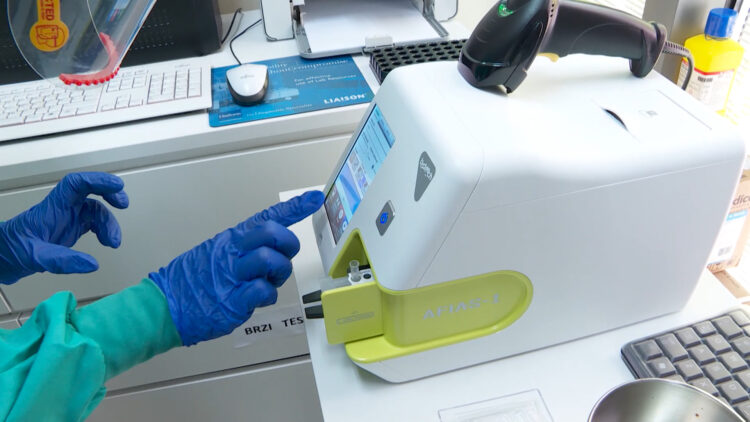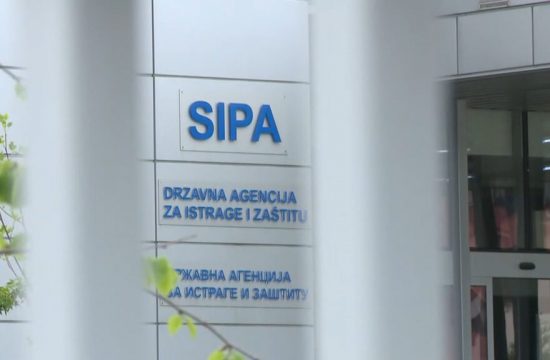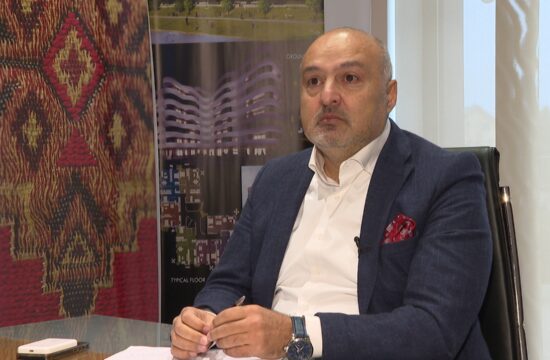
Eli Lilly and Company said it has started the first human trial of an antibody therapy to treat the novel coronavirus. If the trial is successful, the therapy could be available by the fall, the company said.
The first patients to receive the therapy are in hospitals at Cedars-Sinai in Los Angeles, New York University’s Grossman School of Medicine and Emory University in Atlanta, the company told CNN, and results are expected to be available by the end of June.
The antibody therapy was created through a partnership with AbCellera, a Canada-based biotech company and the Vaccine Research Center at the National Institute of Allergy and Infectious Diseases.
Scientists at AbCellera and NIAID used a blood sample from one of the first US patients to recover from Covid-19 and sorted through millions of cells to find hundreds of antibodies. Antibodies are proteins your body makes to fight an infection or toxin. The scientists picked the antibodies they thought would best neutralize the novel coronavirus. In the lab, the antibody appeared to neutralize the virus, Lilly said. Those results have not yet been published.
“We've already started the manufacturing process to really scale this up without even knowing yet if it works for patients because if it does work, we don't want to waste a single day, we want to have as much medicine as possible available to help as many people quickly,” Dr Dan Skovronsky, Eli Lilly’s senior vice president and chief scientific officer, told CNN.
Phase I of the trial in hospitalized patients will test to see if the therapy is safe and well-tolerated. If so, the next trials would be expanded to Covid-19 patients that aren’t hospitalized and another study would test the therapy as prevention. The antibody therapy could potentially be used in vulnerable populations that may not respond as well to a vaccine, such as the elderly, people with underlying chronic conditions and people who are immunosuppressed who don’t always generate enough antibodies to be protected by a vaccine.
In trials over the next few months, Lilly says it will also test different mixtures of a few other antibodies that may provide protection.




